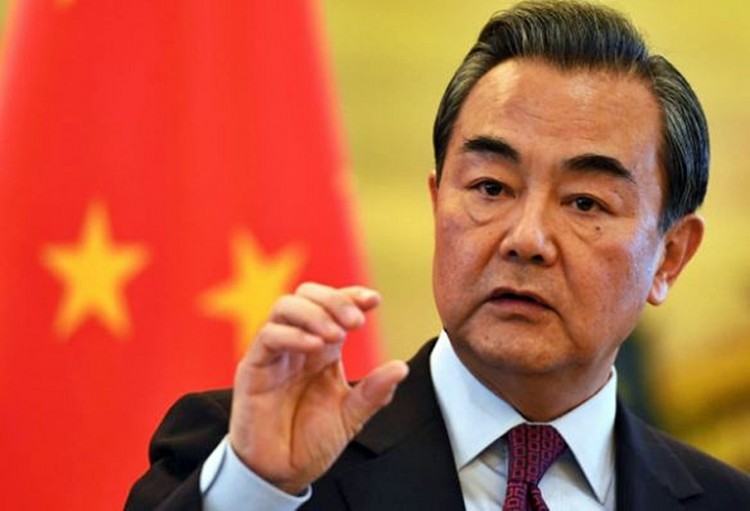Affirming it still champions multilateralism and free trade, China is nonetheless calling for widespread reforms to the world's trading systems, as well as substantive changes to the way the World Trade Organization (WTO) operates.
Chinese State Councillor Wang Yi believes the existing world trade system isn't perfect and must be amended. China supports reforms to it, including changes to the WTO itself, to make it fairer and more effective, according to Wang. Yi said some reforms could be good.
China and the United States have been engaged in a bitter and escalating trade war since March. This trade war intensified on July 6 when president Donald Trump imposed massive tariffs on China and will intensify further in the coming weeks when the U.S. imposes $200 billion more tariffs on more Chinese exports to the U.S.
Wang said China has always supported the protection of free trade and believes multilateralism with the WTO at its core must be strengthened. And at the same time, China does not believe the current system is perfect and without flaws.
He pointed out that China supports necessary reforms and perfecting the current system (including the WTO) to make it fairer, more effective and more rational.
Wang, however, believes the basic fundamentals of the WTO, which consists of opposing protectionism and backing free trade, must not change. He did warn that the rights of developing nations must not be overlooked.
Wang said the aim of any reform should be to allow countries to enjoy the development fruits of globalization more fairly. Any reform shouldn't further expand the gap between north and south.
The WTO reforms he suggests include listening to all parties involved and engaging in broad consultations with all the parties. The organization must especially listen to and respect the opinions of developing countries, rather than just allowing "one person to have a say."
He did admit the issue of WTO reform is extremely complex and involves many areas. China hopes all parties involved in reorganizing the WTO remain patient and advance the process step-by-step.
Wang's call for reform precedes what appears to be an easing in tension in the ongoing trade war. There are indications China and the United States might agree to negotiate, and U.S. Treasury Secretary Steven Mnuchin, who is known to be soft on China, has asked his Chinese counterparts to sit down and talk.
Mnuchin has jurisdiction over the new $200 billion in tariffs and is blocking the effort, according to White House sources.
China, however, has said it won't give in to any U.S. demands in any negotiations. Chinese state-controlled media said China is serious about ending the trade war by negotiated talks but won't bend to any Americans despite its slowing economy and a weakening stock market.





